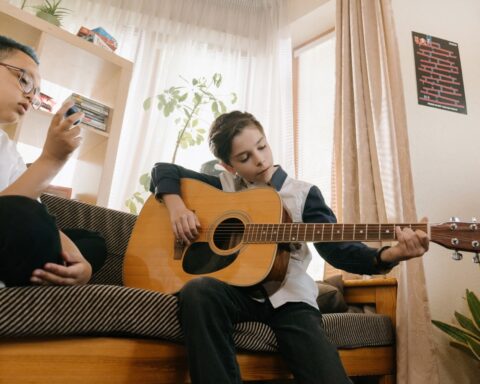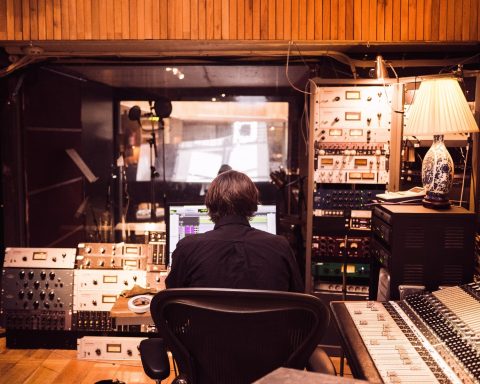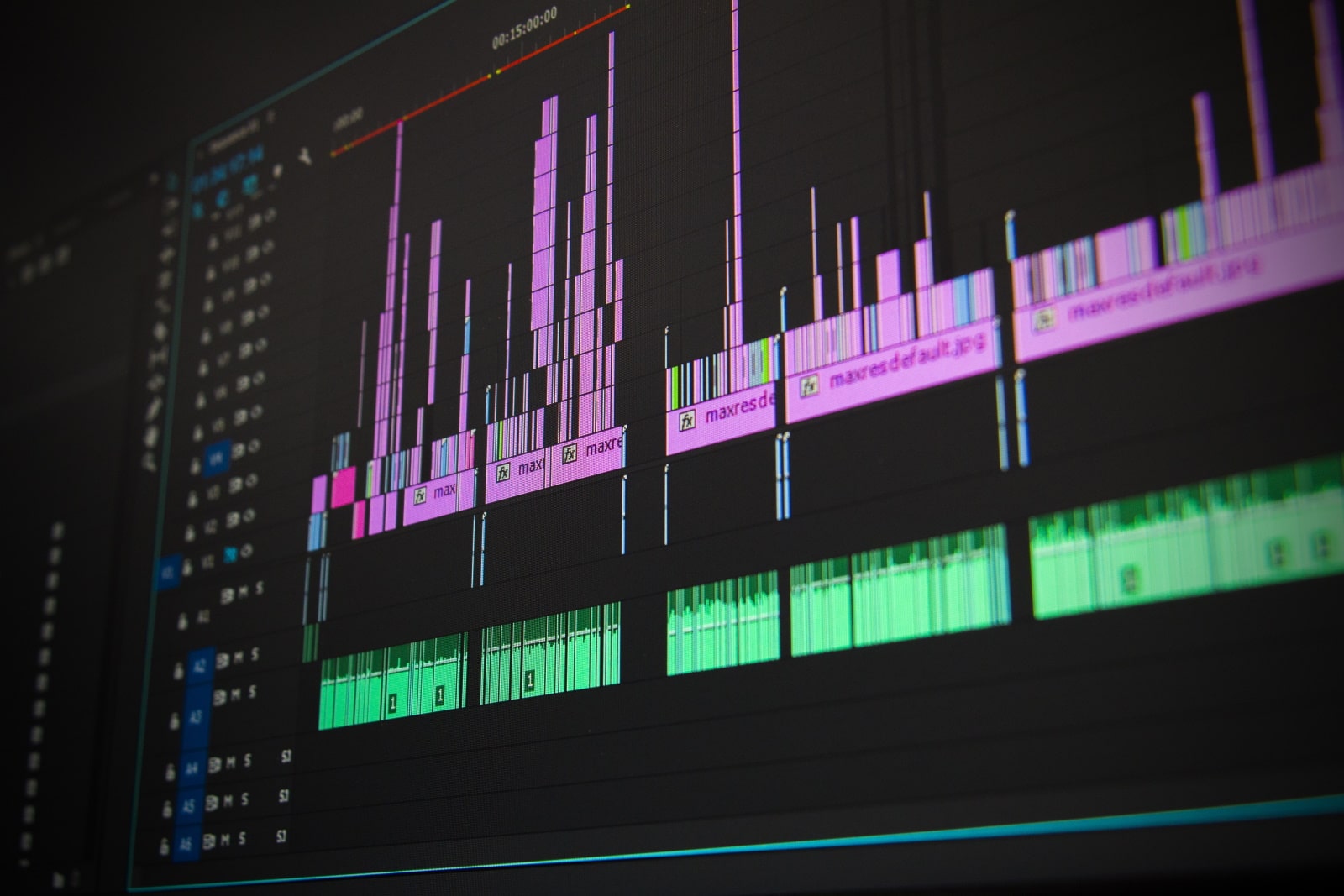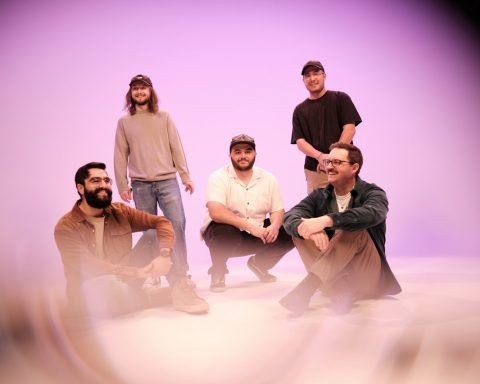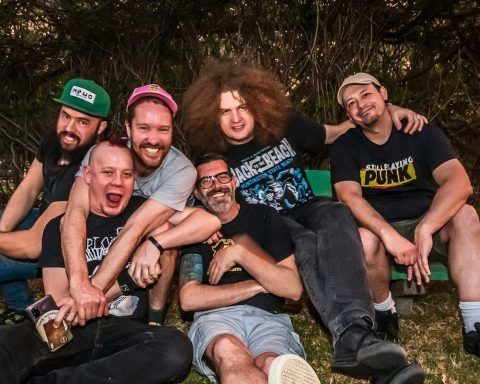The importance of collaboration with other artists has become increasingly evident, especially over the past few years. Remote music collaboration can be a fantastic way to kickstart a career, grow your fanbase, or even just have fun. When two or more creatives get together, you introduce new variables and exponentially grow the outcomes that inevitably arise from great minds thinking alike.
Collaboration can teach us a lot, and music collaboration, in particular, is well-suited to offer some unique lessons. Here’s a look at six valuable lessons that music collaboration can teach us.
To Speak Up
Collaboration is an intra-artistic practice that encourages individuals to voice their musical ideas, foster healthy communication, and share ideas in order to come up with a great, unified product. Music collaboration forces us all out of our comfort zones as we break away from traditional aspects of music we are used to and try new combinations and approaches that open up creative avenues.
The key here is speaking up, not being silent in fear of criticism or judgment; it requires staying open-minded, clear communication, and continuous exchange of opinions while working together on a piece or song. That way, the collaborative process works together smoothly and adds richness and variety to pieces that would otherwise sound too similar.
Learning how to articulate ourselves in musical collaborations teaches one easy life lessons about taking risks and speaking up for ourselves no matter the situation.

To Respect Each Other
Music collaboration has been a testament to the power humans have when we come together, both musically and ideologically. Working with others on creating music has not only resulted in a work of beauty, but it has also taught those involved great lessons about respect and valuing differences.
Music collaboration teaches us that despite having variations in style, genre, or background, our goal is more vital than any differences we may have – to make something truly special. When respect for each other is given, every musician’s individual talents can be used to their utmost potential resulting in works far greater than they could have produced alone.
Learning to recognize the value that everyone brings to the table can be used beyond just music projects and into life itself – bringing people closer together and promoting understanding regardless of any previously held prejudices or preconceptions.
To Listen & Learn
Music collaboration has been a great teacher, teaching us to listen and learn from one another in order to create a cohesive sound. This is essential when bringing together multiple perspectives, be it multiple vocalists, musicians, or producers.
By honing our listening skills and adapting to each other’s style in the context of making music, we can create something truly beautiful. Listening to each other from both sides allows us to get outside of our own heads, discover new ideas, and ultimately collaborate more authentically.
The act of listening is about learning to differentiate between what works for the project as a whole and what doesn’t work for anyone involved. This practice allows us to gain insight into how our individual contributions come together as part of a greater whole.

To Creatively Solve Problems
The beauty of music production lies not just in the ability to create a pleasing sound but in the creative problem-solving necessary to achieve a harmonization of sounds. When creating music in collaboration with others, it requires us to take an analytical approach when bringing our individual tracks together.
We must think outside of the box to encourage collective progress – we challenge ourselves and each other to find a way to combine elements that may sound opposite yet find harmony in their finished product, like two musical instruments with contrasting tones.
By honing this skill, we can then apply similar methodologies to issues encountered in our day-to-day lives. Learning to creatively solve problems with others is where music collaboration really shines as a valuable lesson.
To Embrace Diversity
Working together in a musical collaboration requires strong team building and interpersonal skills, which can often bring people with different backgrounds and experiences together. It is vital that an individual’s self-expression and contribution to the collective should be celebrated.
Musical collaborations have set the foundation for an appreciation of diversity. By opening up to different ideas, opinions, and beliefs, one gains an understanding of cultures outside of their own comfort zone. Openness to differences can be expressed through musical works that approach difficult conversations and challenge our perspectives in a positive way – ultimately leading us all to become better versions of ourselves.
This continued exchange between diverse groups of people allows us to cultivate a future where belonging and inclusion are part of our experience as members of a global community.

To Celebrate Success
Music collaboration has taught us so much about how important it is to celebrate our successes, no matter how small or large. Working collaboratively often requires teamwork, which means that everyone in the group has a part to play in the success of the whole piece. This can include moments where individual players are featured and have a solo moment, something that should be celebrated not only by other members but also by oneself.
We learn to appreciate each small goal we achieve while also allowing ourselves time to reflect on the bigger accomplishments. Celebrating success shouldn’t just encompass major milestones either; praise should be reserved for incremental growth and smaller achievements such as mastering new techniques or understanding tricky prose.
After all, these humble successes lay the groundwork for any major triumphs that we may find ourselves faced with along our musical journey.
The Bottom Line
These lessons from the music industry are invaluable for any team looking to collaborate on projects. By speaking up, respecting each person’s skills and abilities, listening and learning from each other, mixing elements together, using creative problem-solving, embracing diversity, and celebrating successes, teams can maximize the power of collaboration. When it comes to working together, the music industry has a lot to teach us. And with the advent of online music collaboration software, over a million musicians have found their favorite audio editing software to help them and other musicians effectively hone their musical skills.




